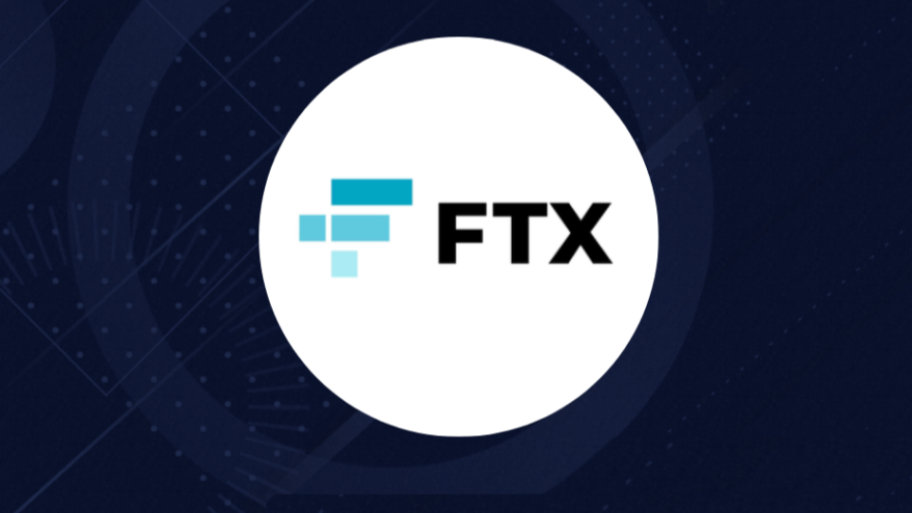Sam Bankman-Fried, once the posterchild of the cryptocurrency boom, has been found guilty of stealing from the customers of his now-bankrupt exchange FTX.
Bankman-Fried was convicted on all seven counts he faced after four hours of jury deliberations, with prosecutors successfully arguing that he maliciously defrauded FTX users of $8 billion before the company's collapse in November 2022.
Prosecutors argued that Bankman-Fried’s fraud extended from 2019 through to the time of FTX’s collapse under a liquidity crisis – a crisis caused by his lending of customer funds to FTX’s sister hedge fund, Alameda Research, without informing customers.
The FTX founder was charged with two counts of fraud and five counts of conspiracy. He had pleaded not guilty on all counts.
The 31-year old Bankman-Fried, who saw his $26 billion personal fortune evaporate upon FTX’s collapse, could face decades behind bars following his sentencing set for 28 March, 2024.
Manhattan US attorney Damian Williams celebrated the victory following the ruling, telling reporters: “Sam Bankman-Fried perpetrated one of the biggest financial frauds in American history – a multibillion-dollar scheme designed to make him the King of Crypto – but while the cryptocurrency industry might be new and the players like Sam Bankman-Fried might be new, this kind of corruption is as old as time. This case has always been about lying, cheating, and stealing and we have no patience for it.”
Williams added that the case is "a warning to every fraudster who thinks they’re untouchable, that their crimes are too complex for us to catch, that they are too powerful to prosecute, or that they are clever enough to talk their way out of it if caught. Those folks should think again and cut it out. And if they don’t, I promise we’ll have enough handcuffs for all of them.”
The defense lawyer for Bankman-Fried, Mark Cohen, said that he was "disappointed" in the verdict, and that his client "maintains his innocence and will continue to vigorously fight the charges against him."
Testifying in court, Bankman-Fried attempted to argue that he made mistakes and that he did not know that transferring funds from FTX to Alameda was against the rules. Through Alameda, Bankman-Fried used FTX customer money to pay lenders and make loans to himself and other executives who subsequently used that money to make speculative venuture investments and donate upwards of $100 million to US politicians to lobby for pro-cryptocurrency legislation.
The prosecutors however argued that Bankman-Fried’s actions were calculated, as backed up by the testimony of former Alameda chief exec Caroline Ellison and former FTX executives Gary Wang and Nishad Singh who all testified for the prosecution after entering guilty pleas.
They said that Bankman-Fried, who saw his bail revoked in August after being accused of witness tampering, directed them to commit crimes including looting FTX for Alameda and lying to investors about the company's finances.
Prosecutor Danielle Sassoon told the jury on Thursday: "He didn't bargain for his three loyal deputies taking that stand and telling you the truth: that he was the one with the plan, the motive and the greed to raid FTX customer deposits - billions and billions of dollars - to give himself money, power, influence. He thought the rules did not apply to him. He thought that he could get away with it.”
Bankman-Fried will face a second set of charges next year brought by prosecutors, including alleged foreign bribery and bank fraud conspiracies.
Latest News
-
Gemini to cut quarter of workforce and exit UK, EU and Australia as crypto slump forces retrenchment
-
Bank ABC’s mobile-only ila bank migrates to core banking platform
-
Visa launches platform to accelerate small business growth in US
-
NatWest to expand Accelerator programme to 50,000 members in 2026
-
BBVA joins European stablecoin coalition
-
eToro partners with Amundi to launch equity portfolio with exposure to ‘megatrends’
Creating value together: Strategic partnerships in the age of GCCs
As Global Capability Centres reshape the financial services landscape, one question stands out: how do leading banks balance in-house innovation with strategic partnerships to drive real transformation?
Data trust in the AI era: Building customer confidence through responsible banking
In the second episode of FStech’s three-part video podcast series sponsored by HCLTech, Sudip Lahiri, Executive Vice President & Head of Financial Services for Europe & UKI at HCLTech examines the critical relationship between data trust, transparency, and responsible AI implementation in financial services.
Banking's GenAI evolution: Beyond the hype, building the future
In the first episode of a three-part video podcast series sponsored by HCLTech, Sudip Lahiri, Executive Vice President & Head of Financial Services for Europe & UKI at HCLTech explores how financial institutions can navigate the transformative potential of Generative AI while building lasting foundations for innovation.
Beyond compliance: Building unshakeable operational resilience in financial services
In today's rapidly evolving financial landscape, operational resilience has become a critical focus for institutions worldwide. As regulatory requirements grow more complex and cyber threats, particularly ransomware, become increasingly sophisticated, financial services providers must adapt and strengthen their defences. The intersection of compliance, technology, and security presents both challenges and opportunities.
© 2019 Perspective Publishing Privacy & Cookies













Recent Stories